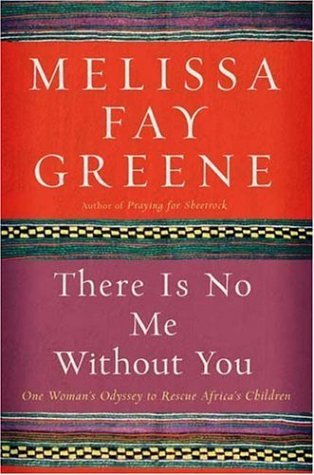
Mountains Beyond Mountains: The Quest of Dr. Paul Farmer, a Man Who Would Cure the World
Book Description
Imagine a world where health care is a privilege, not a right. Enter Paul Farmer, a relentless physician on a mission to dismantle that barrier. He travels from the mountains of Haiti to the corridors of Harvard, battling disease and inequality with unwavering determination. Along the way, he forms deep connections with the communities he serves, revealing the power of compassion and the urgency of change. Each story he encounters is a testament to resilience, revealing that hope can thrive even in the direst circumstances. Can one man truly transform the landscape of global health, or are the challenges too great to overcome?
Quick Book Summary
Mountains Beyond Mountains tells the remarkable story of Dr. Paul Farmer, an infectious disease specialist whose life's mission is to bring modern medicine to the world's poorest communities. Through the lens of Tracy Kidder, we follow Farmer from his work in Haiti, where he co-founds Partners In Health, to his efforts combating global epidemics like tuberculosis in Peru and Russia. The book captures Farmer's unyielding belief that health care is a human right, and his tireless advocacy challenges entrenched systems of inequality. Kidder delves into Farmer's driven, often sacrificial lifestyle and his impact on patients, colleagues, and public health policy. The narrative highlights Farmer's blend of compassion, pragmatism, and intellectual rigor, illustrating how one person’s vision and determination can ignite hope and change in the face of overwhelming odds.
Summary of Key Ideas
Table of Contents
The Human Right to Health Care
Tracy Kidder’s narrative opens in rural Haiti, where Paul Farmer’s commitment to caring for the poor and sick takes root. Moved by the devastating poverty and rampant disease, Farmer dedicates himself to understanding his patients not just medically, but within the context of their social and economic hardships. The story weaves through Farmer’s early years, his Harvard medical training, and his growing conviction that health care should be an inalienable right for every human being.
The Power of Compassionate Action
Farmer co-founds Partners In Health (PIH), a groundbreaking organization focused on delivering high-quality medical care to impoverished populations. Through PIH, Farmer and his team tackle diseases like tuberculosis and HIV/AIDS with innovative strategies—such as community-based health workers—and cultural sensitivity. Rather than accept limited resources as an excuse for inadequate care, Farmer insists on the same standards found in wealthy countries, pioneering models that challenge the global health establishment.
Battling Structural Inequality
Kidder explores the complexities and tolls of Farmer’s work. Farmer’s relentless travel and deep personal sacrifices strain his health and relationships, yet also inspire fierce loyalty from colleagues. His approach to medicine—centered as much on empathy and listening as on technology—stands in sharp contrast to prevailing attitudes in international aid, emphasizing partnership and empowerment over charity, and effecting systemic change.
Sacrifice and Personal Commitment
The narrative documents Farmer’s global reach, as his fight against multidrug-resistant tuberculosis (MDR-TB) takes him to Peru and Russia. There, he contends with bureaucratic resistance and the inertia of international agencies, advocating for treatments considered too expensive or impractical for poor patients. Through tenacity and intellectual force, Farmer demonstrates that effective solutions are possible, galvanizing support and new funding for comprehensive, dignified care.
Collaboration and Global Impact
Ultimately, Mountains Beyond Mountains is both an inspiring portrait and a probing meditation on moral responsibility. Kidder raises questions about privilege, power, and what it means to truly help others. Through Farmer's example, the book challenges readers to reconsider the limits of humanitarian action and reminds us that hoping for a more just world—and working tirelessly for it—is a pursuit filled with both struggle and transformative reward.
Download This Summary
Get a free PDF of this summary instantly — no email required.





